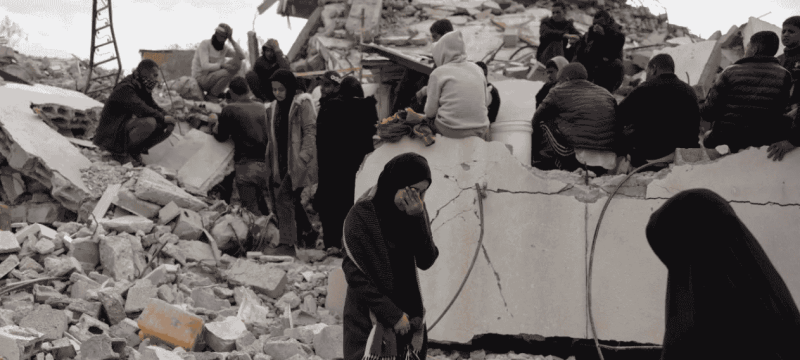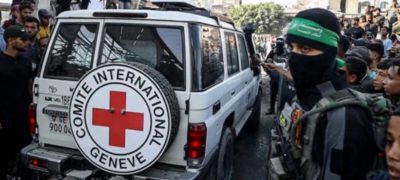As the people of Gaza return to the rubble that once housed their families, there is a mix of relief and sorrow. Two years after the devastating conflict with Israel, many Gazans are grateful that the bloodshed has finally stopped. Yet, uncertainty looms over how long this fragile peace will last.
The war left behind a trail of destruction, displacing thousands and wiping out entire communities. Now, as survivors walk through the ruins, they face not only the challenge of rebuilding their homes but also their lives. For some, the return is deeply painful — many have lost parents, children, siblings, or close friends.
The physical scars are visible everywhere. Streets that once echoed with life are now filled with debris. Hospitals are struggling to cope with the consequences of the prolonged blockade and famine that gripped Gaza during the war. Aid agencies are working tirelessly to provide medical assistance, food, and clean water to the affected families.
Mental health professionals warn that the emotional toll on the survivors is immense. Many residents are experiencing deep trauma after witnessing violence and losing loved ones. Experts say long-term psychological support will be vital for recovery, especially for children who grew up in constant fear and deprivation.
The humanitarian situation remains dire despite the end of active conflict. The lack of infrastructure, electricity, and healthcare services continues to hinder the region’s recovery. International organizations have urged the global community to step up aid and help Gaza rebuild sustainably.
For now, Gazans cling to hope. Amid the ruins, they are trying to restore normalcy and find peace after years of unimaginable suffering. Their resilience stands as a powerful reminder of human endurance — even in the face of overwhelming loss.
In other news read more about: Gaza’s Ongoing Humanitarian Crisis: The Toll of Conflict and Despair







